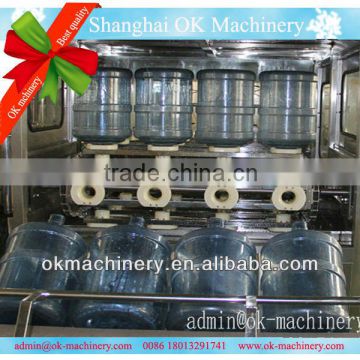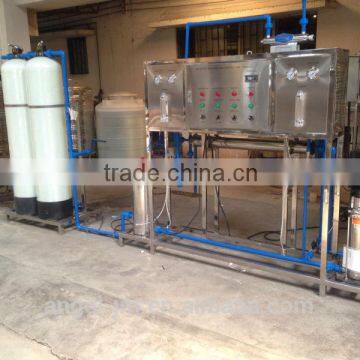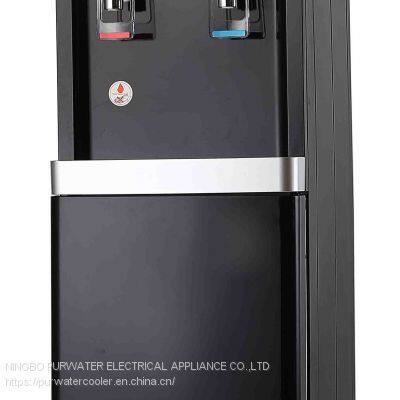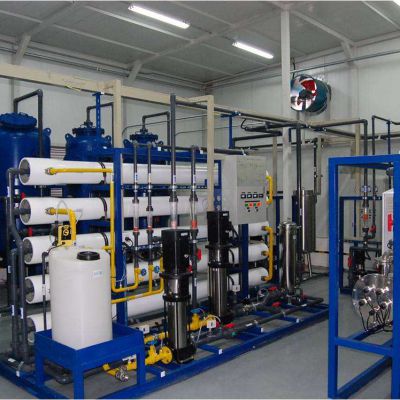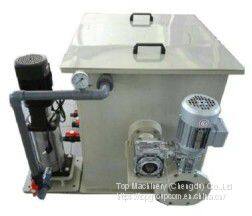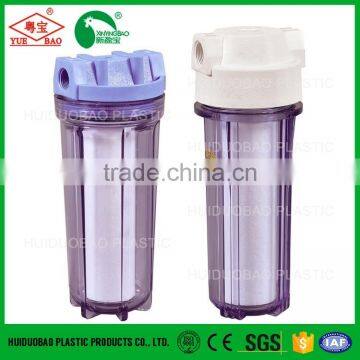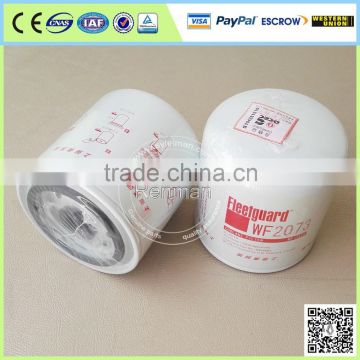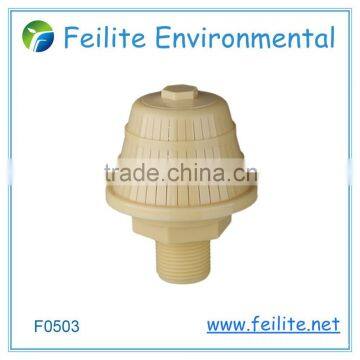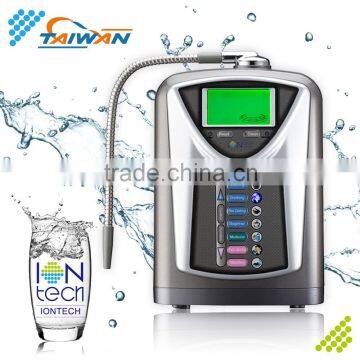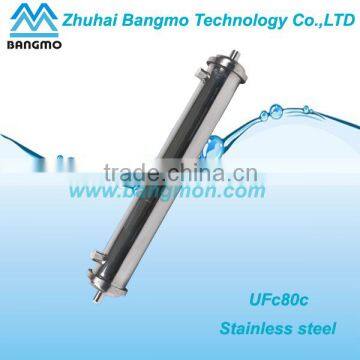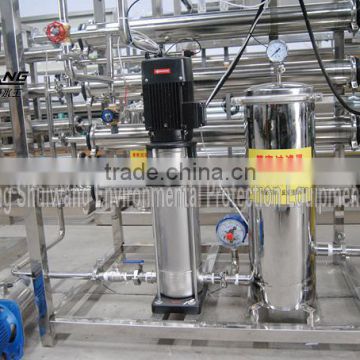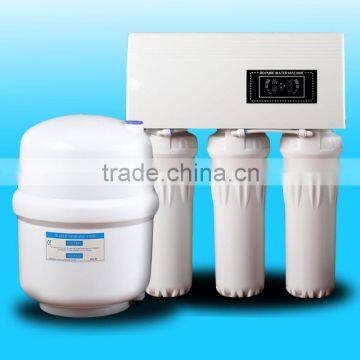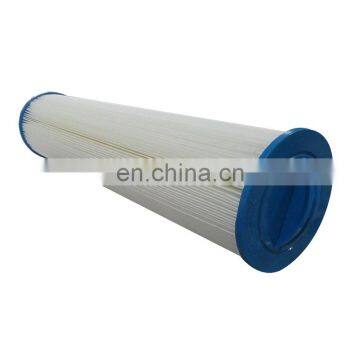water filter system Insights & Buyer's Guide
It is no surprise that with the rise in popularity of consuming bottled water, whole house filters are now flooding the market for different houses for health reasons, and also for water conservation. They will not filter the water within your house; they will filter all the water that enters the house. A few of the benefits of the current water filter system are discussed below:
Such help in the treatment process of water to clean it up, and do not focus on the point of use, as per the sink filter.
These have characteristics of water treatment suitable for different issues, including sediments, corrosion, toxic man-made compounds such as PFAS, and other contaminants.
Whole-house water purifiers are favored by many because they are able to provide pure and refreshing water directly from kitchen taps, showers, and other appliances in the home. In spite of the fact that their home is connected to a public water supply or does not accommodate a well, the operations of these systems can define water challenges in any water aspect of a household comfortably in order that the health of members is not compromised in any way. Impurity reduction and elimination of harmful substances from the body of water through disinfection are now possible, owing to more sophisticated and effective methods of filtration. For families who have the means to buy a water filter system, it is assured that the water obtained is safe for consumption and also beneficial to the skin and hair.
Benefits of Whole House Water Filters
Improved Water Quality
A whole-house water filter system is designed to address the concerns of contaminated water, thereby enhancing the quality of drinking water. They work by systems of filtration that undergo more than a single step to go to great lengths to ensure water is clean. There are several advantages, and those include the following:
To remove sediments, chlorine, and other chemical elements that might compromise the freshness and the safety of the water.
Incorporating modern systems like reverse osmosis or carbon filtration that purify every molecule of water used in the home.
They replace bottled water and other unsustainable sources of water on a regular basis and help turn this into a practical and efficient solution. These systems will filter the water properly so no undesirable component is present, raising the cleanliness of water quality regardless of its source, whether this is city water or wells.
Health Advantages
The purchase of a water filter system for the entire household has significant medical advantages since it assists in eliminating various harmful substances in the tap water. Pollutants like PFAS, heavy metals, and microbiological species could be a major concern; however, a good water filter helps to eliminate that danger. Children, especially those with vulnerable immune systems or health conditions, need safe, clean water to stay healthy. Moreover, the Isagenix Whole House water filter reduces the effects of minerals and chemicals that may be present in water, thereby improving the condition of the skin and the hair. This purging of impurities renders the water less hazardous for drinking and better suited for the skin and hair needs, considering the benefits which they offer whole house water filters.
Environmental Benefits
For those who have their whole house water filtration system, it can be described as environmentally friendly because there is no need for the usage of plastic bottled water that gets fossilized. The good thing about the system is that it discourages people from drinking bottled water, which many people appreciate since its manufacture, distribution, and eventual disposal mean more and more usage of plastic bottles among consumers. In addition, whole-house water filtration systems are intended to use less water than is expected with other known points of use and, importantly, help users practice the principle of excessive water consumption. The following are some of the tips that will help households in a responsible environment:
Use of a water filter system that uses environmentally sustainable techniques like salt-free water softeners or UV light technology.
Ensuring access to safe drinking water and services without endangering the components that form the environment where people live.
Types of Water Filter Systems
Reverse Osmosis Systems
There is no doubt that reverse osmosis (RO) would rank as one of the very best water filter systems that has proven to get rid of systematically all forms of contaminants in water, this is to the determined of favourable extent. Reverse osmosis (RO) systems work by forcing the already associated tap water to pass through a thin sheet where only selected molecules of water pass through the other side, leaving behind the much bigger atoms of any additional materials, including lead, chlorinated substances, as well as the very unsafe PFAS. Those attachments make the substantially purified water safe enough for drinking, as well as any other practical requirements in households. This strategy, however, is efficient enough but quite costly; sometimes, or for whole house systems, it makes it better to hire a professional installer. In spite of that, another issue that may concern some eco lovers is the increased water consumption during the filtration process of reverse osmosis. The prospects of lesser pollutants and the better water quality are what generally make households keen to seek out and implement reverse osmosis swimming pool water purifier systems, irrespective of some of the abnormal qualities they possess.
Activated Carbon Filters
The most commonly used water filter in point-of-use as well as whole-house water filter systems is an activated carbon filter, owing to its healthy benefits of removing chlorine, particulates, and volatile organic matter. These kinds of filters are based on activated carbon with a large specific area, which efficiently adsorbs and absorbs contaminants, improving the quality of tap water in terms of quenching the thirst. Such activated carbon-based filters are approved for and loved by everyone for the simple reason of removing smell and taste, and hence offering the most enjoyable water. They are exceedingly effective at removing some of these chemicals but might not be suitable for all contaminants, such as heavy metals or viruses; hence, most of them need to be serviced frequently to work properly. However, with the advancement of technology, activated carbon filters come as an inexpensive and easy way without much installation for those who need to improve the filter within their water filter system at home.
UV Light Systems
UV light system for recreational water disinfection is actively carried out with the purpose of removing bacteria and viruses by using ultraviolet light. No physical barrier or sieve is used to remove bacteria and viruses from drinking water. This is the preferred water filter system where drinking clean water is important in the case of wells, which can be characterized by the presence of pathogenic microorganisms. An important difference between a traditional filter and UV light is that preventing microorganisms becomes possible by damaging their DNA, and hence, eliminating the danger. The first advantage of the UV light system to sterilize water instead of using chemicals is that these systems do not contain chemical elements; hence, they are in demand for home water purification by using a sustainable method. On the other hand, since UV systems come nowhere close to sweeping away true contaminants such as particulate matter, it is not uncommon for a UV system to be used alongside a filtration system, like a sediment filter system or a carbon filter, to accomplish a full water treatment.
Maintenance of Whole House Water Filtration Systems
Cleaning and Replacing Filters
All the necessary tasks and activities required to run a working water filter system at home indefinitely necessitate periodic care and servicing. Filters cleaning and replacement routine is a major concern, while the operational value of these has to be ensured without interruptions. In the course of time filtration medium is covered with sediments and chlorine, along with other solid particles, and so forth. In the process, this will compromise the filtration mechanisms of the system. It is necessary to adhere to the instructions provided by the manufacturer as far as washing or changing the frequency of filters is concerned in order to maintain the efficiency of the system. Carbon filters, especially, tend to have a shorter life span and therefore need to be changed even more frequently compared to others, like in the case of a reverse osmosis membrane, which serves longer but must be checked for tears or similar damage. By conducting regular performance monitoring, one can keep the high level of water filtration system service provided, including the experience of drinking pure water in every part of the house as well as do not allow any of the components of a water system to spoil forcing one to repair or replace it with new supplies which is expensive and time wasting.
Wear and Damage Signs
It is important to recognize this sign of wear and tear of the entire water filter system so as to maintain the quality of water as well as the functionality of the system. Among these is an abnormal reduction in water pressure, which may be an indication of blocked replacement cartridges in the unit. Furthermore, in case the water becomes unpleasantly tasting or starts smelling funky, the system may need to be checked for any faults. Water line or filter housing leakage may indicate damage, which is often caused by gasket failure or incorrect placement. As such, it is advisable to consider such issues periodically because if one does not, then there will be greater damages associated with it, such as water leakages or less effective purification. Homeowners can take care of their water cooling and filtration systems for a clean water supply and prevention of harmful chemicals within the family with the above steps.
Increasing the Useful Life of the System
Every water filter system that is installed in the house needs to be cared for and used appropriately for it to serve its intended purpose. Apart from the other aspects of care, the user should also include a replacement of water filters and, when it is time, an inspection in order to eliminate any possible concerns, leaks, or noisy pipes. When installing a new water filter, only fit it together with the original parts of the fitting and install it correctly. In addition, taking into account the quality of water in the place may also reduce the rate of deterioration of the system used to filter water. For example, if you have a house that is fed by a well, go for more filtration stages that are known to fight such water. These measures will not only enhance the lifespan of the water purification unit but also help homeowners do more in terms of serving every purpose of water use in the house.
Frequently Asked Questions (FAQs)
What is a water purification system, and how does it function?
A filtrating system for water helps in getting rid of all the unclean and unsafe materials present in water, keeping the water safe for drinking and other purposes. Most of the systems utilize different types of filters, with the most common ones being those of activated carbon, ultraviolet light, and reverse osmosis processes, where the water goes through several stages of filters to better the quality of water. In the case of residential water filtration systems, harmful components like chlorine, metallic ions, and microbial contamination can be reduced or removed with the help of such a structure. They also provide filters that ensure optimal performance by ensuring that filters are replaced every so often, in order to avoid compromising the health of the consumer. An advanced quality water filter system also improves the taste and smell of water, which encourages more consumption.
What are whole-house water filters? What are the advantages of installing them in my house?
Water filters are divided into whole-house units and point-of-use ones. The whole house filters need to be installed right after the main water pipe of the house, from which all the other water pipes branch out and supply water to different thirsty water outlets. It deals with most contaminants, thus ensuring safe water for drinking and conserving the appliances from sedimentation and corrosion. This way, a considerable reduction will be achieved in the bottled water consumption, as this water filter system supplies water that tastes good straight from the faucet. Even more so, considering that most whole-house water systems have a stage-by-stage filtration that aims to correct taste and quality without removing essential minerals. And this is especially beneficial when you think about the fact that there. How difficult is it to perform classic, everyday cleansing rituals of drinking water within a household where every tap gives filtered tap water?
How do reverse osmosis water purification systems work?
Reverse osmosis units represent a more sophisticated water filter system where a semi-permeable membrane is used in removing most impurities. It is a physical process where pressure is used to pass water through a membrane that traps any large particles, substances, and chemicals, meaning, only clean water flows out. This process is useful when it comes to the removal of toxic chemicals like PFAS, metals, and viruses, among others, guaranteeing safe drinkable water. Reverse osmosis units may be added to the end of the faucet, installed under the sink, or even whole-house water softening units for extensive usage. Timely cleaning and replacement of filters is very important for keeping the equipment in a thorough working condition and prolonging its life.
Which factors influence the decision to buy a water filter system for municipal water?
When considering available options for a water filter system for city water, pay particular attention to what contaminants are in the water. City water typically has chlorine, some level of sediment, and other additives that are for purification purposes, but that also influence the water in terms of taste, and calming can be found. So, opt for the units that are tested and certified to reduce the causing agents and improve the tap water’s quality. Bulk or whole quarantine water filters are most appropriate as they cover all the requirements of your house, for every one of your household in general. Just as important is the ease of installation, maintenance, and replacement of filters periodically. For it would be vain to spend so much money on a water filter system and not be able to provide your family with water of a quality worth drinking.
Can one have a water filter combined with a water softener?
A softer can be employed in combination with a water filter system for various aspects of water later usage. Unlike a water filter system that primarily adds purity to the water supply, a water softener deals with hard water ions, specific content such as calcium and magnesium, by removing them, especially from pipes and appliances. Its combination with the water purifiers will improve water quality in the entire house. Thanks to the filtration provided, there is no worry about water having any unpleasant taste or being very harsh on the skin and hair. The 2 mechanisms prove particularly useful because of the hard water issue, as the impact thereof on the plumbing and appliances reduces quicker than would be expected by elimination carried out. Ensure that such solutions can cooperate successfully and are compatible versions appropriate for working with each other.
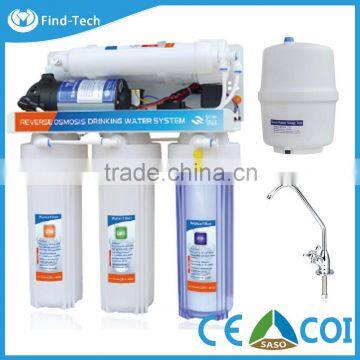 undersink personal water filter system wholesale priceUS$ 40 - 60MOQ: 50 SetsGuangdong Find-Tech Co., Ltd.
undersink personal water filter system wholesale priceUS$ 40 - 60MOQ: 50 SetsGuangdong Find-Tech Co., Ltd. portable ro water filter system for homeUS$ 75.00 - 75.00MOQ: 10 PiecesNingbo Gehya Import & Export Co., Ltd.
portable ro water filter system for homeUS$ 75.00 - 75.00MOQ: 10 PiecesNingbo Gehya Import & Export Co., Ltd. Neodymium magnetic bar water filter systemUS$ 0.01 - 100MOQ: 1 PieceHangzhou YangYi Magnetics Co., Ltd.
Neodymium magnetic bar water filter systemUS$ 0.01 - 100MOQ: 1 PieceHangzhou YangYi Magnetics Co., Ltd.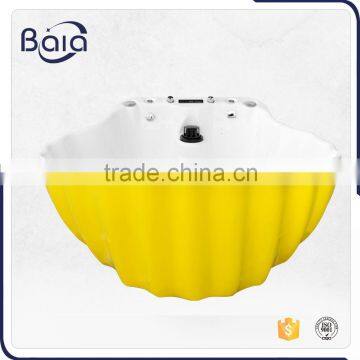 freestanding shell bathtub dimension1800mm with water filter systemUS$ 1,600 - 1,750MOQ: 5 SetsFenghua Beiai Sanitary Ware Co., Ltd.
freestanding shell bathtub dimension1800mm with water filter systemUS$ 1,600 - 1,750MOQ: 5 SetsFenghua Beiai Sanitary Ware Co., Ltd.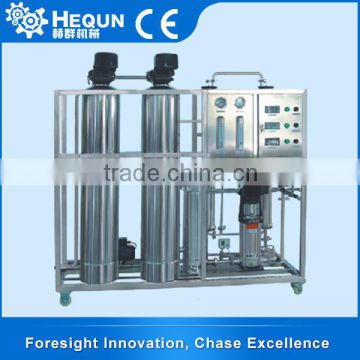 Professional Maker Reverse Osmosis water filter systemUS$ 3,200 - 42,000MOQ: 1 SetGuangzhou Hequn Machinery Ltd.
Professional Maker Reverse Osmosis water filter systemUS$ 3,200 - 42,000MOQ: 1 SetGuangzhou Hequn Machinery Ltd. Professional Production UF water filter systems UltrafiltrationUS$ 5,000 - 100,000MOQ: 1 UnitShandong Gretech Water Treatment Co., Ltd.
Professional Production UF water filter systems UltrafiltrationUS$ 5,000 - 100,000MOQ: 1 UnitShandong Gretech Water Treatment Co., Ltd.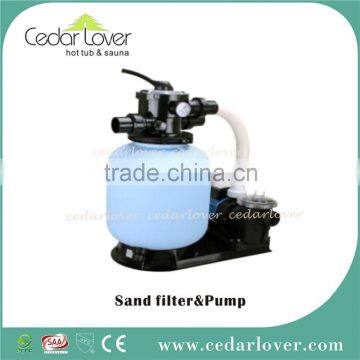 Hot tub spa water filter systemUS$ 400 - 480MOQ: 5 PiecesRichy (Foshan) Industries And Investments Co., Ltd.
Hot tub spa water filter systemUS$ 400 - 480MOQ: 5 PiecesRichy (Foshan) Industries And Investments Co., Ltd.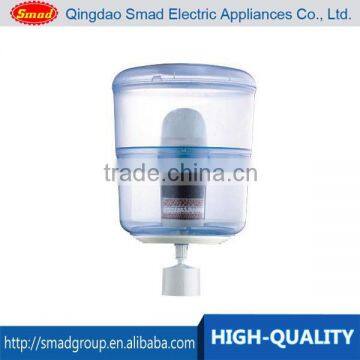 18L high quality water filter system housingUS$ 10.5 - 11.5MOQ: 1 Twenty-Foot ContainerQingdao Smad Electric Appliances Co., Ltd.
18L high quality water filter system housingUS$ 10.5 - 11.5MOQ: 1 Twenty-Foot ContainerQingdao Smad Electric Appliances Co., Ltd. PES filter cartridge water filter system for drinking systemUS$ 18 - 40MOQ: 10 PiecesWuhu Huamo Environmental Co., Ltd.
PES filter cartridge water filter system for drinking systemUS$ 18 - 40MOQ: 10 PiecesWuhu Huamo Environmental Co., Ltd.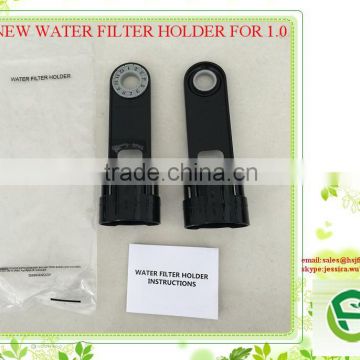 2015 New Product water filter system Water Filter HolderUS$ 0.2 - 3MOQ: 500 PiecesNingbo Haoshiji Plastic Industry Co., Ltd.
2015 New Product water filter system Water Filter HolderUS$ 0.2 - 3MOQ: 500 PiecesNingbo Haoshiji Plastic Industry Co., Ltd.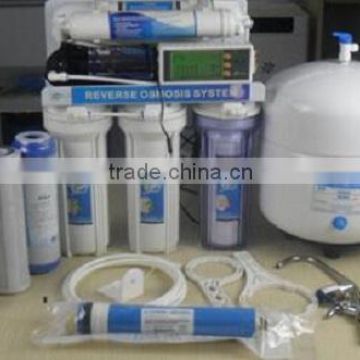 water filter system newly 5 stage water filterUS$ 90 - 180MOQ: 50 PiecesNingbo Huining Electrical Co., Ltd.
water filter system newly 5 stage water filterUS$ 90 - 180MOQ: 50 PiecesNingbo Huining Electrical Co., Ltd.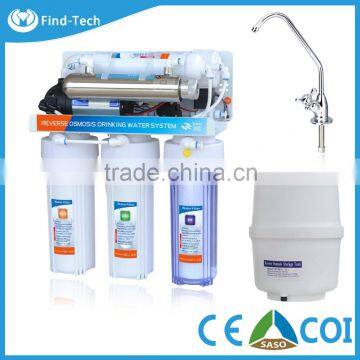 home UV ro water filter drinking water filter systemUS$ 30 - 100MOQ: 100 SetsGuangdong Find-Tech Co., Ltd.
home UV ro water filter drinking water filter systemUS$ 30 - 100MOQ: 100 SetsGuangdong Find-Tech Co., Ltd.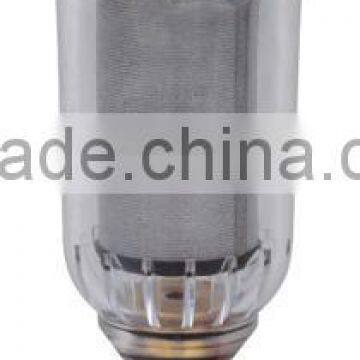 water pre filter QT-03/water filter systemUS$ 5 - 50MOQ: 100 PiecesNingbo Dingshang Electrical Appliance Co., Ltd.
water pre filter QT-03/water filter systemUS$ 5 - 50MOQ: 100 PiecesNingbo Dingshang Electrical Appliance Co., Ltd.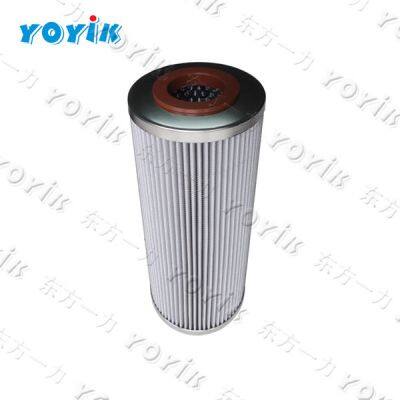 Salt water filter system KLS-125T/20 Filters element by YoyikUS$ 9999 - 9999MOQ: 1 SetDongfang Yoyik Engineering Co., Ltd
Salt water filter system KLS-125T/20 Filters element by YoyikUS$ 9999 - 9999MOQ: 1 SetDongfang Yoyik Engineering Co., Ltd

